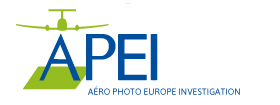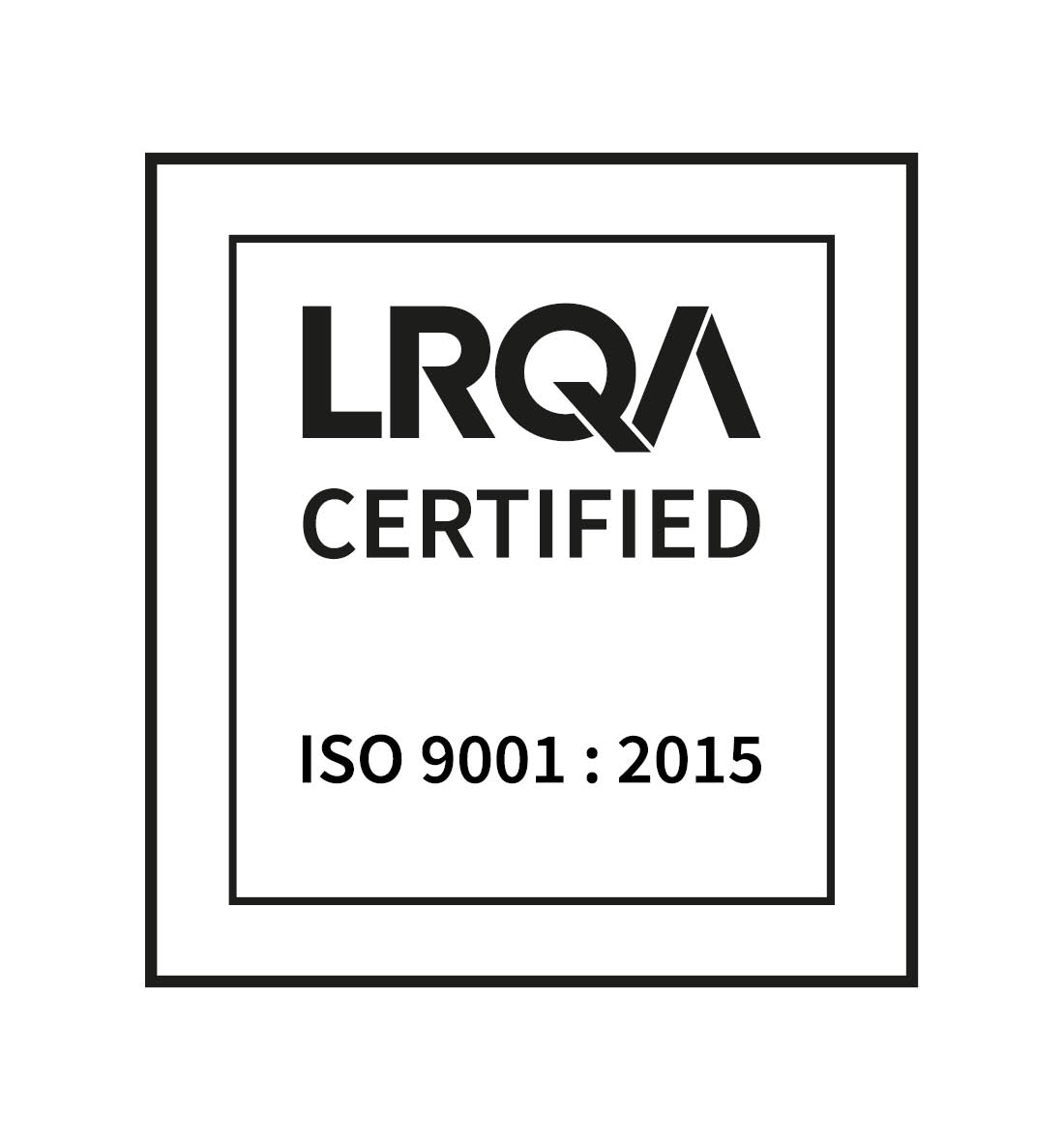APEI owns and uses a varied number of digital cameras to adapt to the constraints of the acquisition projects.
This camera has a variety of applications by combining the different project parameters like ground resolution (from very high resolution 2.5cm/pixel to low resolution 50cm/pixel), the area of interest (small a country whole), overlaps and spectral bands.
APEI acquired new camera Z/I Imaging in April 2012 with constant efforts to consistently offer the best service to its customers.
At constant GSD, the camera DMCII/250 is less penalized by flight restrictions than its competitors. Moreover its specifications allow to significantly reduce building leaning.
Characteristics
The head of the panchromatic camera contains a 250 Megapixel monolithic sensor, the largest CCD available to obtain a geometric and radiometric accuracy ever reached, the monolithic sensor removing all operations of "stitching".
The new lens developed by Carl Zeiss 112mm focal length associated with a 5.6μm pixel size achieves a 2cm / pixel ground resolution (GSD).
High productivity
The 16768 by 14016 pixels sensor offers two main advantages:
- A wide swatch which reduces the fly cost
- Fewer images that can lighten : preparation of control for stereoplotting, aerotraingulation and mainly less seamlines works
| GSD (cm/pixel) | Longitudinal footprint (m) | Lateral footprint (m) |
| 5 | 701 | 838 |
| 7,5 | 1051 | 1258 |
| 10 | 1402 | 1677 |
| 12,5 | 1752 | 2096 |
| 15 | 2102 | 2515 |
| 17,5 | 2453 | 2934 |
| 20 | 2803 | 3354 |
Building leaning
When your project requires a maximum building leaning, the DMCII/250 allows you to optimize the sidelap and reduce the fly time and cost of acquisition. In the end, this sensor also allows for lessimages with a GSD and building leaning equal.

Download






 DMC Datasheet
DMC Datasheet

